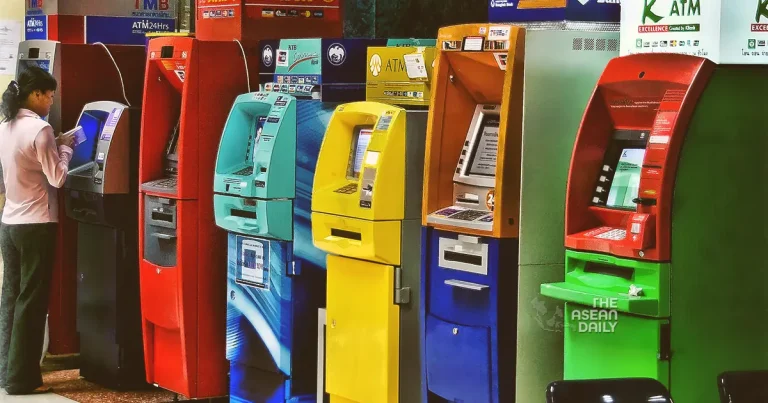19-10-2023 (BANGKOK) The Anti-Money Laundering Office (Amlo) in Thailand is taking proactive steps to combat financial fraud facilitated by “mule” bank accounts. These accounts, estimated to range from 200,000 to 500,000 out of 121 million in use nationwide, are being used to launder money and perpetrate various scams.
Starting next month, Amlo has announced that individuals making cash deposits via ATMs will be required to verify their identities, enhancing the traceability of financial transactions.
Amlo has collaborated with the Cyber Crime Investigation Bureau to identify accounts suspected to have been registered by proxies on behalf of criminal organizations. So far, more than 10,000 people have been found to have opened over 70,000 mule accounts.
The breakthrough came as police investigations into fraud cases led to the discovery of these proxy accounts. Once the account details were traced, the respective commercial banks swiftly froze them.
According to Amlo spokesman Witthaya Nititham, the agency has been actively collecting data on proxy accounts and has observed an increase at a rate of approximately 1,000 new accounts per week.
Starting from November 11, individuals depositing cash via ATMs will be required to provide proof of identity. For deposits of up to 30,000 baht, depositors must enter their citizenship ID number and mobile phone number to receive a one-time password (OTP) from the bank before completing the transaction. For deposits ranging from 30,000 to 100,000 baht, depositors must additionally provide details of their ATM, debit card, or credit card, along with their personal identification number (PIN).
Over the past year, Amlo has successfully seized and frozen assets worth more than 9.4 billion baht in various fraud and online gambling cases. Most of these cases have been resolved in court, with the state claiming assets valued at 8.8 billion baht.




